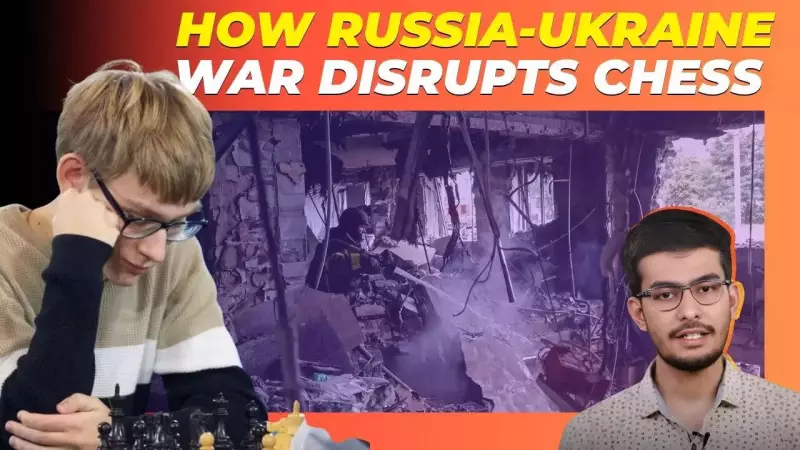
The ancient game of chess, often seen as a battle of wits isolated from real-world conflicts, is facing unprecedented challenges in today's geopolitically charged environment. The ongoing Russia-Ukraine war has created ripple effects across the chess world, impacting players, tournaments, and the international chess federation itself.
The Sanctions Dilemma: When Politics Meets The Chessboard
International sanctions against Russia have created complex situations for chess organizers and players alike. Russian chess players, despite their individual political views, find themselves navigating travel restrictions and tournament bans that affect their ability to compete internationally. This has led to heated debates about whether sports should remain separate from political conflicts.
Tournament Turmoil: Cancellations And Relocations
Several major chess events scheduled in Russia have been either cancelled or relocated to neutral venues. This disruption affects not only elite grandmasters but also amateur players who rely on international competitions for ranking points and experience. The chess calendar has undergone significant changes, forcing players to adapt quickly to new locations and conditions.
The Federation Under Fire: FIDE's Balancing Act
The International Chess Federation (FIDE) faces mounting pressure to take a stance on the conflict while maintaining the integrity of the sport. Their decisions regarding Russian players and tournaments have been scrutinized from all sides, highlighting the difficult position international sports bodies find themselves in during times of geopolitical tension.
Player Perspectives: Divided Loyalties And Careers At Stake
Chess players from both Russia and Ukraine continue to compete in international tournaments, often facing each other across the board. These encounters carry emotional weight beyond the usual competitive spirit. Many players have spoken out about the personal and professional challenges of maintaining focus while their countries remain at war.
The Future Of Chess In A Divided World
As the conflict continues, the chess community grapples with fundamental questions about the relationship between sports and politics. The decisions made today could shape international chess for years to come, potentially creating new alliances and competition structures that reflect the changing global landscape.
The resilience of chess as a universal language is being tested, but the global chess community continues to find ways to keep the game alive despite political divisions. From online tournaments to neutral venue competitions, players and organizers are adapting to ensure that the royal game survives these challenging times.





